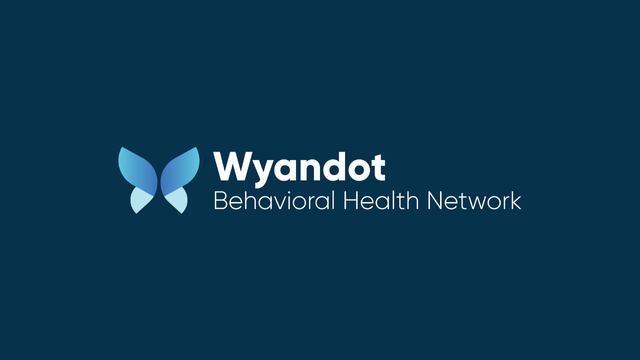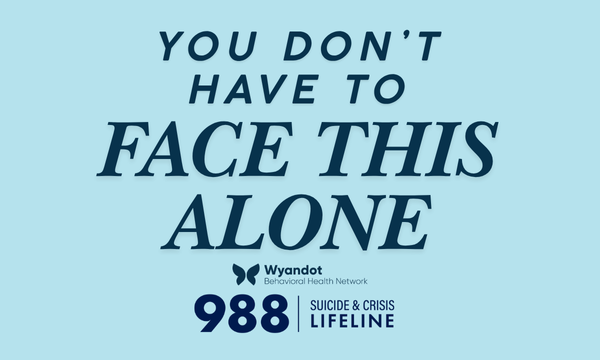
Some of the most significant events in the lives of LGBTQIA+ individuals are when they decide to talk to friends and loved ones about their sexual orientation or gender identity. We often refer to these events as “coming out,” or in years past, “coming out of the closet.” Indeed, October 11th is recognized as Coming Out Day, designed to commemorate and celebrate these brave and vulnerable moments.
What’s often misunderstood about coming out, though, is that it’s a one-time announcement. In fact, people who identify as LGBTQIA+ will come out multiple times over the course of their lives, as they make new friends, start at new schools or jobs, or introduce themselves at any time into new groups or situations.
If a client, friend, or colleague comes out to you, consider it an honor. You have been deemed as safe and welcoming enough for that LGBTQIA+ person to confide in. Here are some do’s and don’ts to consider if or when this happens:
DO:
- Challenge your own biases and stereotypes of LGBTQIA+ identities.
- Make them feel safe, secure, and loved.
- Listen.
- Ask supportive questions, such as “How do you feel right now?” or “What do you need from me in this moment?”
- Remember it is not about you in this moment.
- Use their new pronouns and/or chosen name if relevant.
DON’T:
- Question their values.
- Consider their identity as a phase or temporary.
- Refer to their identity as a burden or something you need to “deal” with.
- Ask why they didn’t tell you sooner or take it personally with statements such as “I feel like I don’t even know you anymore.”
- Challenge what they’re saying with questions like “Are you sure?” or “How come you [insert cisgender/heteronormative action here] in the past then?”
Even though coming out can be a sign that someone feels safe in their identity, it can still be risky. Some people may not embrace the news. For example, we continue to hear stories about trans individuals who come out to a partner and experience physical violence and even murder in response, or about LGBTQIA+ individuals being kicked out of their homes when they come out to their families. A study of 354 social service agencies by the Williams Institute determined that 40% of homeless youth identify as members of the LGBTQIA+ community.
Especially because of these possible risks, coming out should be a personal, individual decision—completely up to the queer person in question. No one should be “outed” without their permission. For example, if a co-worker asks you if another employee is LGBTQIA+, the most appropriate answer would be, “That’s a conversation you’ll have to have with them. It’s not for me to say.”
Coming out can involve a range of emotions: scary or exhilarating, confusing or empowering. Whether it’s in casual conversation, a sit-down meeting, or a post on social media, remember to value the space that someone holds when they take the step to come out. You never know how much your supportive response could mean for that person’s well-being!
This message was crafted by the PACES LGBTQIA+ Work Group, a group working to learn from each other and educate Wyandot BHN staff about how to create a safe space for clients and families with diverse sexual orientation and/or gender identity.

